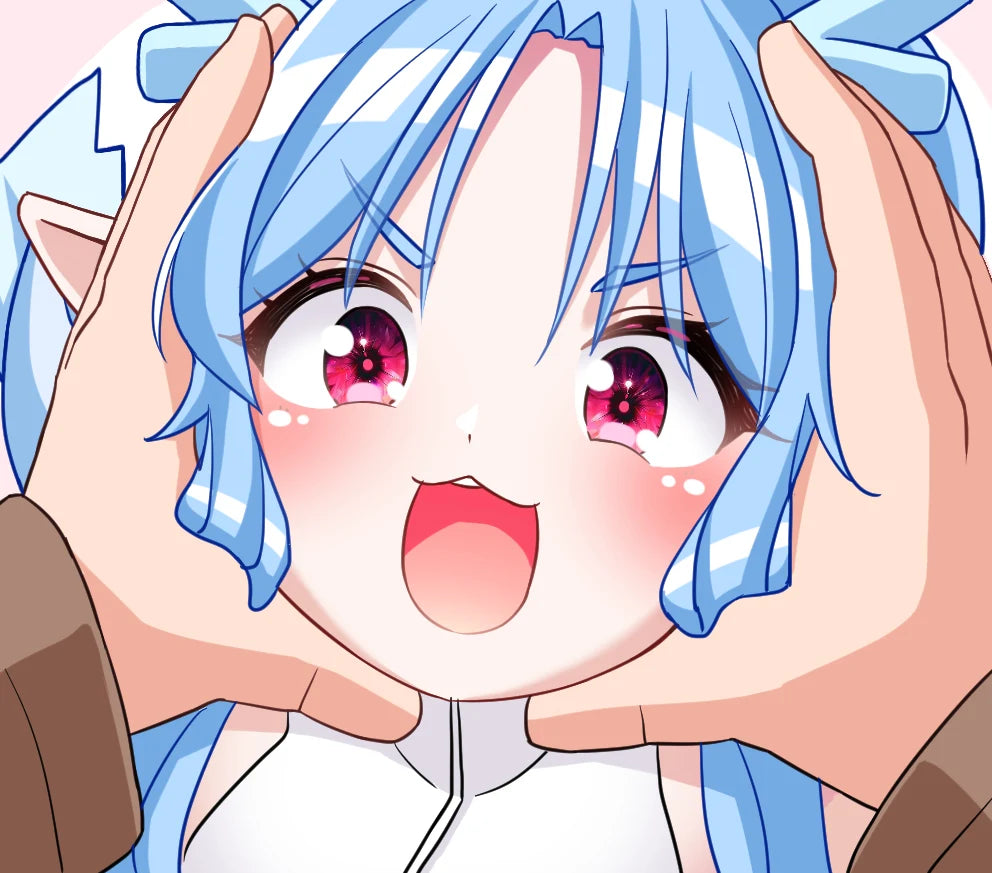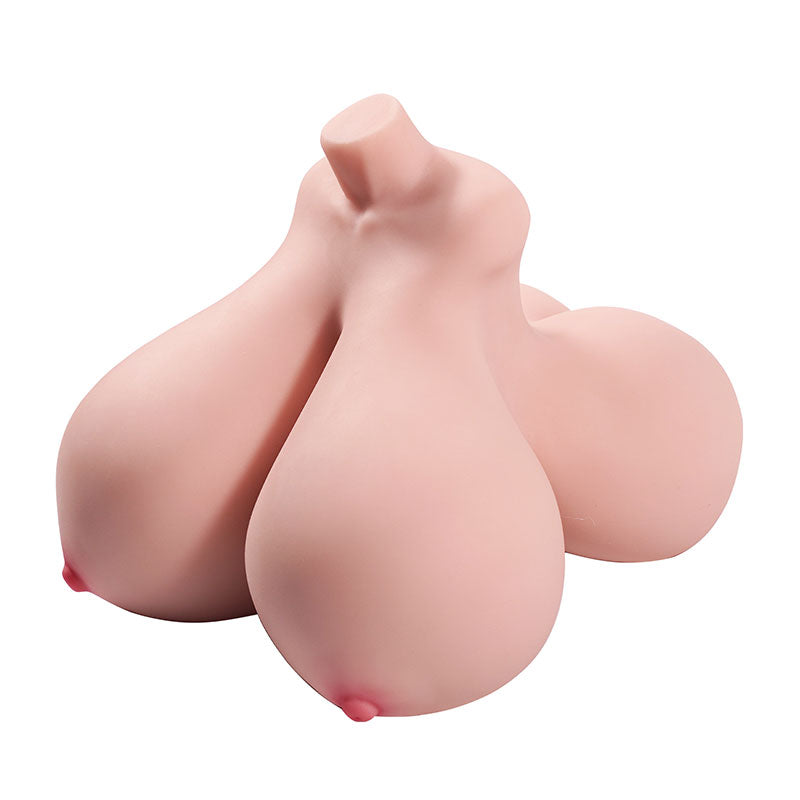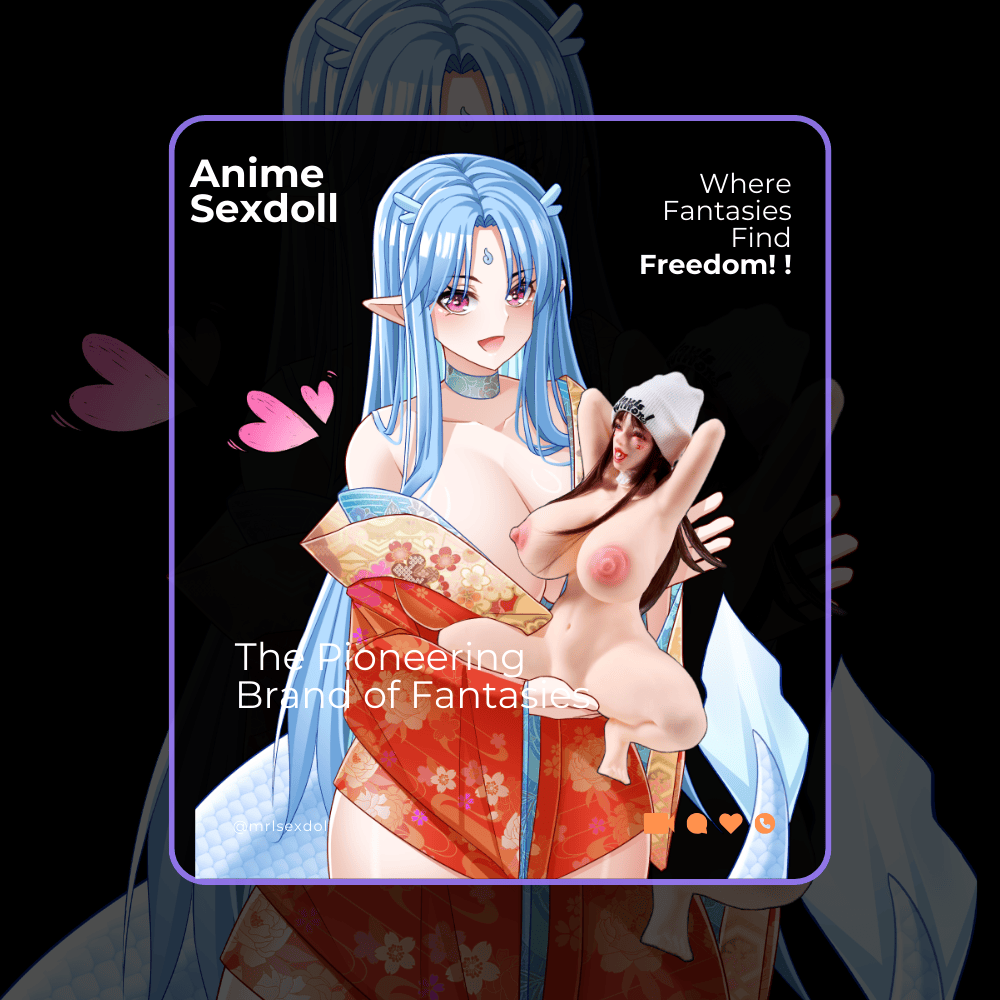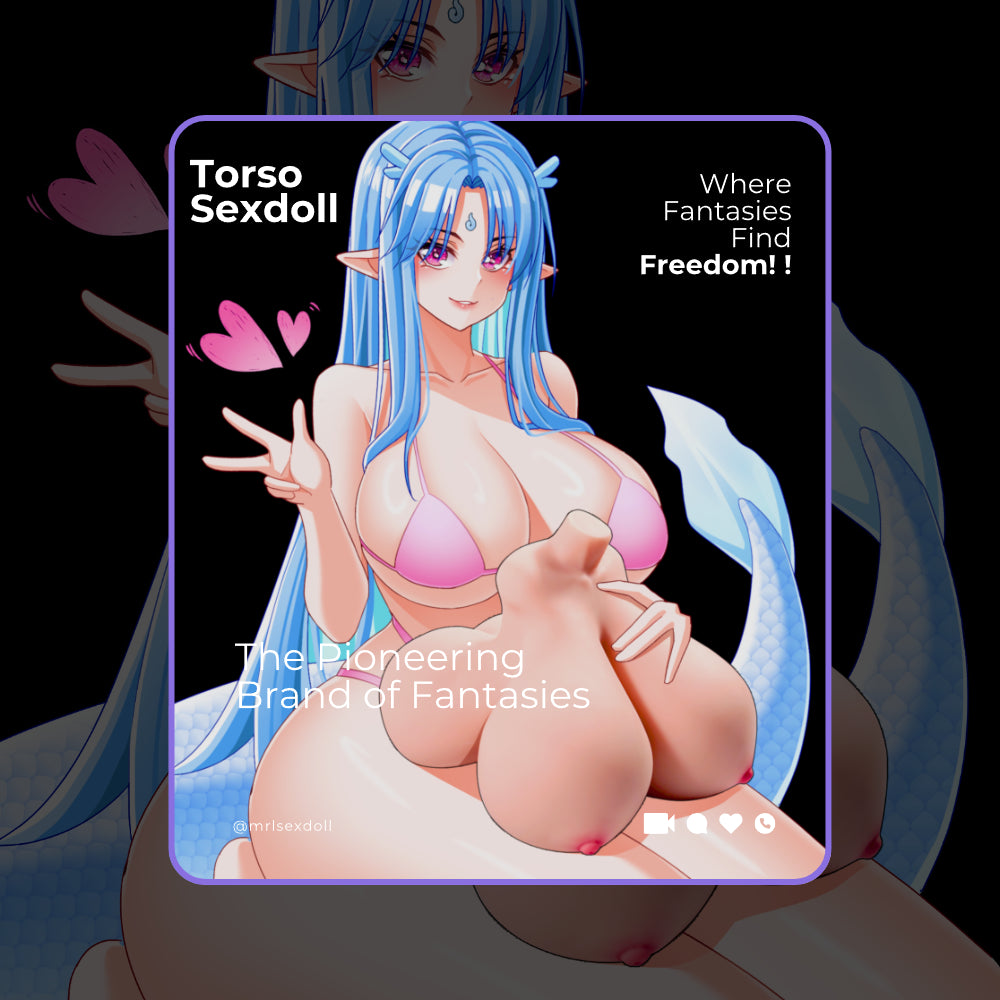What is a Kouhai: Understanding Japan's Junior-Senior Dynamic

Ever watched an anime where a nervous first-year student stutters while talking to an upperclassman? That's the kouhai experience in action. But kouhai (後輩) goes way beyond just anime tropes—it's baked into how Japanese society actually functions, from middle school basketball courts to corporate meeting rooms.
Defining Kouhai: More Than Just "Junior"

Kouhai literally breaks down into two kanji: 後 (kou) meaning "behind" and 輩 (hai) meaning "companion." Together, they describe someone who came after you into a group. Started your job in April? Anyone joining in May becomes your kouhai, even if they're twice your age.
What trips up most Westerners is treating kouhai like it just means "junior member." Wrong. Being someone's kouhai isn't a description—it's a relationship with built-in rules. Your senpai (senior) guides you, and you show them respect through specific behaviors. Both sides have responsibilities that make this way more complex than just "older person tells younger person what to do."
The weirdest part? You're not stuck being kouhai everywhere. At your office, you might be the newest employee (kouhai), but at your weekend pottery class, you're teaching beginners (making you their senpai). Context determines everything.
School Life: Where Kouhai Relationships Begin

Most Japanese kids encounter the senpai-kouhai system around age 12 or 13 through club activities. Join the soccer team? Congratulations—everyone who joined before you, even by a single day, is now your senpai. This hierarchy doesn't budge. You could score 50 goals and become team captain, but those third-years who can barely dribble? Still your senpai until they graduate.
High school clubs take this even further. First-year kouhai arrive early to set up equipment, stay late cleaning, and handle grunt work while upperclassmen focus on actual practice. Sounds harsh? Most Japanese students see it as normal—they know they'll move up eventually.
The language shift hits immediately too. Kouhai use polite Japanese (keigo) with their senpai, never casual speech. Mess this up and you'll hear about it fast.
Workplace Kouhai: When Age Doesn't Matter

Here's where things get interesting. Corporate Japan determines kouhai status by hire date, period. A 40-year-old career changer joining a company? They're kouhai to the 23-year-old hired two years earlier. No exceptions.
Workplace kouhai responsibilities go beyond just being polite. You can't take vacation on the same days as your senpai. Leaving work before them feels almost illegal (even when it technically isn't). At nomikai (drinking parties), kouhai pour drinks, watch for empty glasses, and handle the bill while senpai relax.
These relationships can last decades. Since job-hopping isn't as common in Japan, your senpai from your first week might still be your senpai 30 years later. Many people maintain these connections even after retirement—it becomes a lifelong bond.
Sports and Martial Arts: Kouhai on Steroids

In dojos and sports clubs, being kouhai intensifies. Beyond basic respect, kouhai handle laundry, equipment maintenance, and facility cleaning. In some traditional martial arts schools, kouhai barely participate in actual training their first few months—they're too busy supporting senior members.
Japanese baseball provides perfect examples. Kouhai players arrive an hour early to prep the field, drag equipment around, and clean everything after practice while seniors head home. Nobody calls this hazing. It's just how you learn discipline and earn your place.
How Senpai x Kouhai Actually Works

When functioning properly, this isn't boss-employee dynamics—it's mentorship. Good senpai teach their kouhai, answer their questions, and look out for them during tough adjustments. Kouhai show respect, listen carefully, and help out when needed.
Both sides benefit. Kouhai get guidance from someone who's been there. Senpai develop leadership skills and reinforce their own knowledge through teaching. Eventually, kouhai become senpai to the next wave, continuing the cycle.
But yeah, the system breaks down sometimes. Some senpai abuse their position, turning mentorship into bullying. When power dynamics go toxic, kouhai feel trapped—speaking up against your senpai contradicts the entire system's foundation. This remains one of the biggest criticisms, especially among younger Japanese who question whether every aspect of this tradition still makes sense.
Kouhai in Anime and Pop Culture
"Notice me, senpai!" Sound familiar? That meme came from anime portraying kouhai desperately seeking their senpai's attention (usually romantic). While exaggerated for comedy, it reflects real dynamics where kouhai genuinely care about their senpai's opinions and approval.
Shows like "Haikyuu!!" demonstrate healthier senpai-kouhai relationships—upperclassmen volleyball players mentoring younger teammates while still being demanding about performance. Meanwhile, romantic comedies play up the kouhai-falling-for-senpai angle until it becomes a whole genre.
This cultural element has influenced character design trends across Japanese media. Creators develop personalities around senpai-kouhai archetypes, spawning merchandise collections that explore these relationship patterns. The collectible figure market jumped on this too—products like the Meru the Succubus co-branding collection feature character designs reflecting various anime relationship dynamics, including that particular mix of playfulness and respect you see between senpai and kouhai characters.
Cultural Roots: Why Japan Does Hierarchy Differently

Confucianism deserves most of the credit (or blame, depending on your perspective). This ancient philosophy emphasizes social harmony through clear hierarchical relationships. Everyone knowing their place supposedly reduces conflict and confusion.
Neo-Confucianism and traditional family systems (Koshusei) reinforced these ideas over centuries. Respecting experience and deferring to seniors became non-negotiable values. Most Japanese grow up absorbing this worldview without questioning it—it's just how things are.
Does this make Japan rigidly authoritarian? Not really. The framework actually reduces social anxiety for many people. No awkward wondering about how formal to be with someone—the system tells you based on who joined first.
Practical Kouhai Stuff You Should Know
You Don't Actually Say "Kouhai"
Unlike "senpai" (which you do say directly—"Tanaka-senpai"), nobody addresses someone as "kouhai" to their face. That would sound bizarre. Instead, use -kun for younger people or -san in professional settings.
"Kouhai" appears mainly when discussing someone: "I'm training my kouhai this week" or "My kouhai needs help with the project." Third-person only.
Daily Behavior Expectations
Being kouhai means greeting your senpai first every time you see them. Listen when they talk. Offer help before being asked. At drinking parties, monitoring senpai's drinks becomes your job—keep pouring before they ask.
Westerners often see these behaviors as excessive. But in Japan, it's just maintaining social harmony and showing appropriate respect.
Moving Up the Ladder
Senpai-kouhai relationships stay fixed once established. You can't suddenly become someone's senpai unless your organizational context completely changes. However, you won't stay at the bottom forever. New hires automatically become your kouhai, letting you finally be the mentor instead of the student.
Common Mistakes People Make
Age Doesn't Determine Kouhai Status
Biggest misconception: assuming older people are always senpai. Nope. Organizational entry date determines everything. That 30-year-old starting fresh is kouhai to the 22-year-old with two years at the company.
Job Title Doesn't Override It Either
Someone promoted quickly might outrank their senpai on the org chart while still being their kouhai based on hire date. In practice, people balance both hierarchies—respecting organizational superiors and organizational seniors simultaneously.
It's Not Voluntary
Western mentorships involve choice. Senpai-kouhai relationships exist automatically based on timing. Even if you don't like your senpai, the relationship structure remains. You can choose how friendly you are within that framework, but you can't opt out of the basic dynamic.
Benefits and Drawbacks of the Kouhai System
The Good Stuff
Clear structure eliminates social confusion. New members immediately know who to ask for help. Knowledge transfers naturally from generation to generation. Organizations preserve institutional memory without formal programs.
The Problems
Rigid hierarchy can crush innovation. When juniors feel unable to challenge outdated methods, organizations miss better ideas. In fast-changing industries, experience doesn't always beat fresh perspectives.
Power imbalance creates abuse potential. Some senpai overwork their kouhai, demand unreasonable tasks, or worse. Kouhai struggle to report mistreatment when the system itself emphasizes obedience to seniors.
How This Differs From Western Culture
American and European workplaces have hierarchies too, obviously. But "junior employee" typically just describes experience level or job title. The relationship doesn't extend into every interaction or require specific language changes.
Western mentorship tends toward equality. Mentors advise, but mentees aren't expected to pour their drinks or arrive early to set up meetings. The relationship stays professional rather than pervading all social interactions.
Japanese hierarchy integrates into language, seating arrangements, and countless daily decisions. This comprehensive approach has no real Western equivalent.
What's Changing
Younger Japanese increasingly question certain aspects of the system. Tech companies and startups experiment with flatter hierarchies. Some organizations try preserving beneficial elements (mentorship, knowledge transfer) while eliminating toxic ones (abuse, excessive deference).
The system won't disappear—it's too culturally embedded. But it's evolving, slowly adapting to globalization and generational shifts in values.
FAQs About Kouhai
What does kouhai mean in English?
Can you call someone "kouhai" directly?
How do you know if you're someone's kouhai?
Is kouhai only used in schools?
What's the difference between kouhai and kohai?
Does the kouhai relationship end?


















